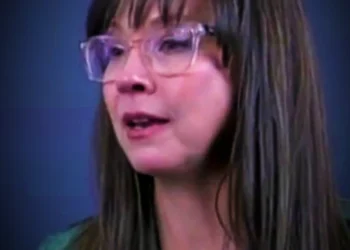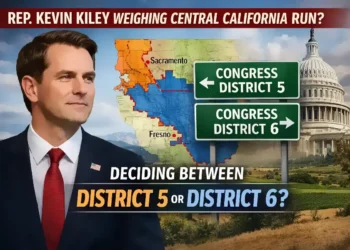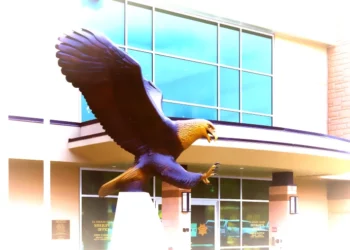SOUTH LAKE TAHOE, Calif. (Feb 28, 2024) – In a decisive 4-1 vote, the South Lake Tahoe City Council terminated initiatives to introduce a ballot measure seeking a 2% increase in the Tourist Occupancy Tax (TOT). The proposal aimed to funnel additional revenue into the General Fund for allocation towards crucial sectors such as roads, police, fire services, and housing.
The proposed measure faced considerable opposition from residents who expressed concerns about burdening tourists and potentially diminishing the city’s competitive edge. If passed, the TOT in South Lake Tahoe would have escalated, placing it among the top ten percent highest TOT rates in the nation.
South Lake Tahoe previously increased the TOT by two percent in 2016 through Measure P, which was specifically directed towards supporting recreational facilities. Currently, lodging in the tourist zone shoulders a 14% TOT, while the rest of the town carries a 12% rate.
The local lodging industry, represented by spokesperson Jerry Bindel, voiced apprehensions over the impact on tourism. Bindel suggested that a heightened TOT might prompt visitors to choose alternative areas within the Lake Tahoe Basin with lower taxes, posing a risk to the local economy.
Bindel highlighted potential complications for the city’s finances, noting that the bond repayment for the new recreation center was contingent on revenues from the previous two percent TOT increase. A decline in tourism could jeopardize the repayment, necessitating funds from the general fund.
While Measure P enjoyed support from the lodging industry and chambers of commerce due to its benefits for the community, this proposed increase lacked similar backing. Bindel emphasized the need to explore affordable housing solutions without imposing additional taxes on visitors or second homeowners.
Several voices echoed the sentiment that South Lake Tahoe was reaching a tipping point for imposing more taxes on tourists, given the economic challenges of rising prices and reduced tourist spending.
Before revisiting the idea of a TOT increase, suggestions were made to conduct an economic study to gauge potential impacts comprehensively. Sharon Kerrigan of the South Tahoe Association of Realtors urged caution, emphasizing the delicate balance of the local economy and warning against jeopardizing its prosperity.
Local advocate David Jenkins emphasized the importance of economic success for the city but argued against raising taxes during the current economic climate. He urged comprehensive reports and information availability to assess potential impacts before placing such measures on the ballot.
Councilmember Cristi Creegan and Councilmember Tamara Wallace both opposed the proposal, citing potential detrimental impacts on the community. Mayor Pro Tem John Friedrich emphasized the need for consensus within the council and the community to navigate the best way forward during this “volatile time.”
However, Councilmember Scott Robbins stood as the lone dissenting voice, indicating a divided perspective within the council on the decision to halt the Tourist Occupancy Tax increase efforts.










